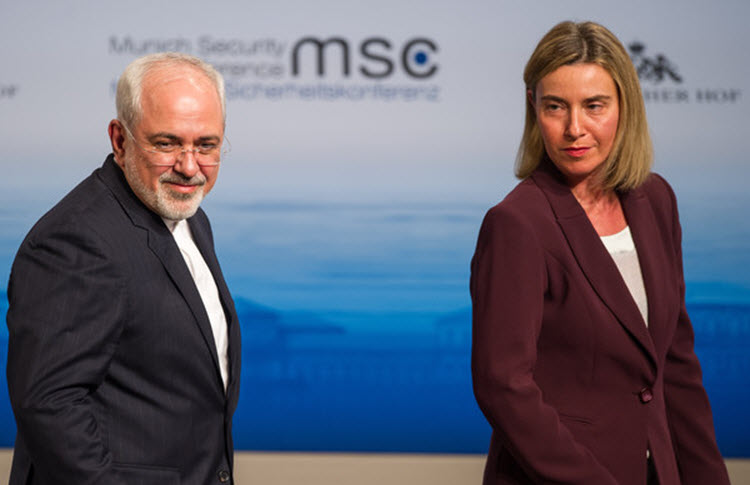
By Jubin Katiraie
In the early 2010s, relations between Iran and the European Union were strained because of the Iranian nuclear programme. In 2015, a solution was found in the form of the Joint Comprehensive Plan of Action (JCPOA), a binding agreement between the United Nations, the EU, the five permanent members of the UN Security Council, and Iran.
However, since the JCPOA was signed, Iran has vastly expanded its missile programme despite repeated warnings and in January 2019 tried (unsuccessfully) to launch a satellite into space.
Following this, the EU in early February said it was “gravely concerned” about Iran’s ballistic missile activity and urged Iran not to conduct any more launches that are in violation of UNSC Resolution 2231.
The European Council said: “These activities deepen mistrust and contribute to regional instability. The Council calls on Iran to take all the necessary measures to fully respect all relevant UN Security Council resolutions related to the transfer of missiles and relevant material and technology to state and non-state actors in the region.”
Later that same month, the EU imposed sanctions on Iran for the first time since 2015 – blacklisting one deputy minister of the Iranian intelligence organization Ettela’at and two of its members – in relation for Iran’s failed attacks on France and Denmark in 2018.
In spite of all of this, Britain, France, and Germany have still set up a payment channel (INSTEX) with Iran to facilitate trade and evade US sanctions, which has obviously garnered criticism from the US. But this may not come to fruition at all because the factions within the Iranian ruling system are so divided on whether to accept it.
Supreme Leader Ayatollah Ali Khamenei said that Europe couldn’t be trusted and described INSTEX as a “bitter joke”, saying that Europe was still sanctioning Iran.
Of course, he failed to note that Iran would not be subject to sanctions if they stopped committing acts of terror and violating agreements. If anything, Europe has gone remarkably light on them, considering the Iranian Mullahs’ terrorism, supporting of militias in foreign countries, sponsored hacking and disinformation campaigns, the expansion of the Islamic Revolutionary Guards Corps (IRGC), and the repression of the Iranian people, especially during the uprising that began in December 2017.
Perviz S. Khazai, a former Apprentice diplomat in French Ministry of Foreign Affairs- in IIAP(ENA) Paris, wrote: “To address this catalogue of ills, the countries of the European Union should now also impose sanctions on the individuals and groups involved in these incidents… It seems European governments and institutions would be wise at this point to discontinue their current dialogue with Tehran while they undertake a full and in-depth review of their approach toward Iran. Full transparency and accurate information made available to the public would be an essential requirement.”


